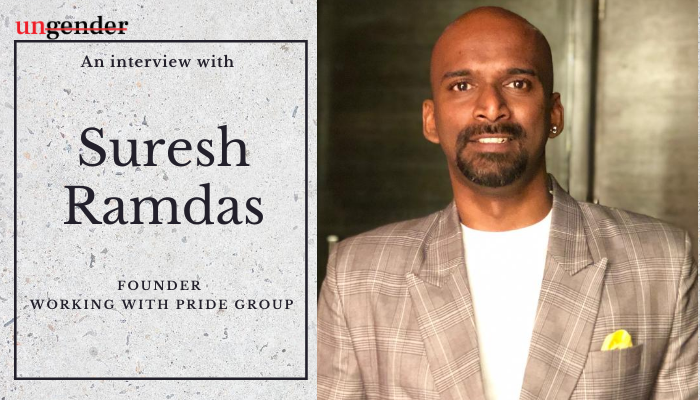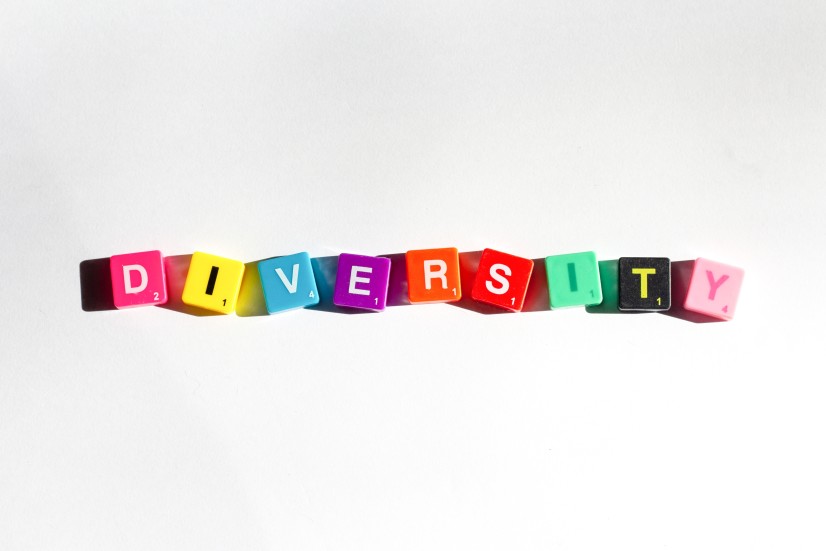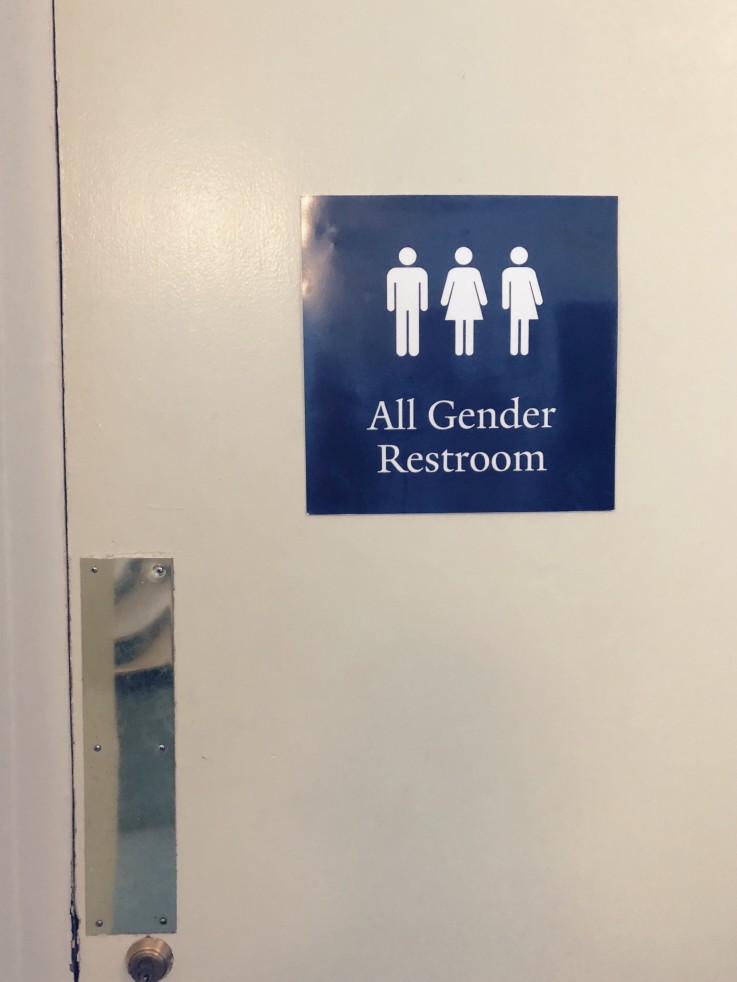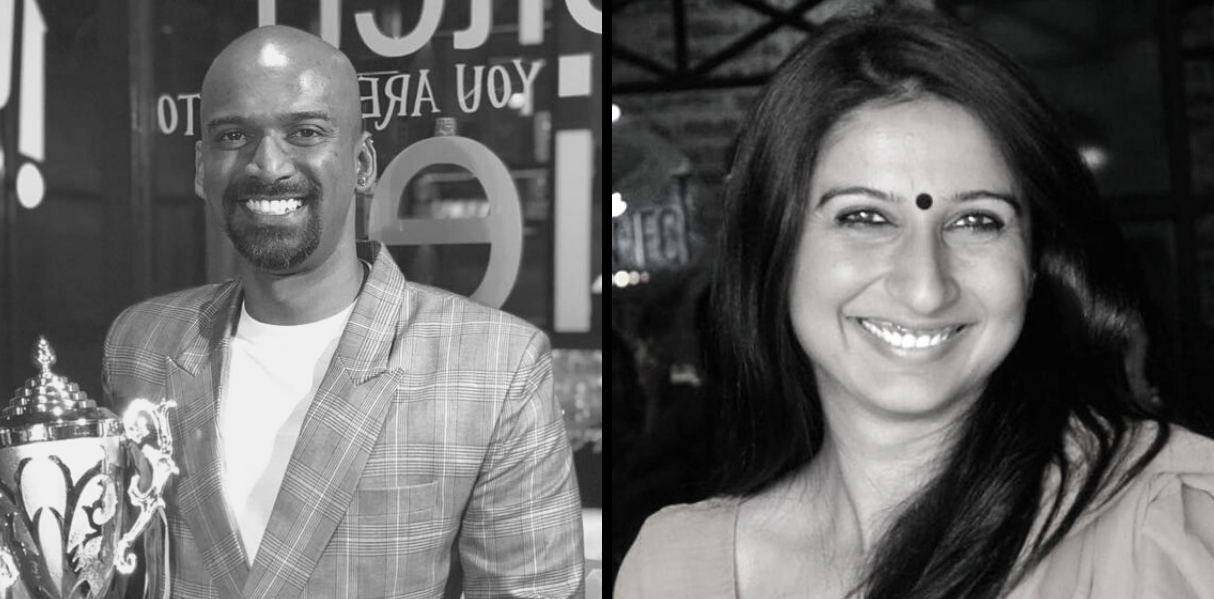Written By: Ungender Blog Team
Suresh Ramdas works as an LGBTQ+ advocate for inclusion in the corporate space. With 15+ years of total experience in Customer Support and in the space of Diversity & Inclusion, he is also the co-Founder of “Working With Pride” (WWP) group. After completing the LGBTQ Executive Leadership Program from Stanford University and being a certified Diversity Professional and certified NLP Practitioner, he co-facilitated a leadership program called Leading With Pride (LWP) for the LGBTQ+ community people that helps to build leaders for tomorrow. He is also the winner of Mr. Gay India 2019 & featured as 2019’s OUTstanding 50 LGBT+ Future Leader.
In this interview, Ungender asks Ramdas what the “future of workplace” will look like and what that really means from a diversity and inclusion perspective.

Q: What are the top three problems, from a D&I perspective, for the transgender community, that remain persistent and refuse to go away?
A: I think, first thing is that it’s something in people’s mind. Anybody and everybody can change, so this (attitude towards transgender persons) is also something that people can change.
People imagine that the LGBTQ+ community exists, but not here, not in this part of the world. Sadly, most people think being LGBTQ+ is a Western influence. The first step is to accept that fact that yes, there are LGBTQ+ people in India, they can be at our homes, they can be at our offices, amongst our relatives. So yes, first accept that transgenders persons are and can be there.
Q. Could you elaborate on this “foreign/colonial” aspect and the issue of choice too, a little more?
A: This idea of transgender persons not being in our culture is simply incorrect. People should visit Khajuraho and read actual books from Indian history and religion such as the Kama Sutra, which is not just a sex manual but also discusses things like sexual identity, gender and sexual orientation.
Historically, India has had so many transexual communities like the Aravani, Aruvani, Jagappa, Kinnar or Kinner among others[1]. This description of the community as “transgender” or “in transition” is also a Western label. Opposition to transgender folks comes from a position of power and often this has double standards, for example – if “straight men” oppose homosexuality, why do they enjoy lesbian porn so much, it is a form of objectification right?
In our religious texts and cultures, we have seen men transition or transform into being woman, like Ardhanareeshvara is literally half-man, half-woman, which is Shiva and Parvati. In Mahabharata, for a period of time, When Arjun was Brihannala, he was essentially cross-dressing.

Q. It sounds like you are saying people are being selectively blind about certain parts in culture and not blind about other parts?
Yes and it is a patriarchal society across the globe. There is also a colonial aspect to this. The colonial mindset brings with it ideas of superiority and inferiority, in India it used to be about “different”, 377 for example has colonial precedents. Ideas of “decency” are also, unfortunately, conditioned by a colonial ideas – for example – old temples, or even old photographs show that nudity or at least not being fully-covered is not an Indian or even Asian idea. These are hot weather geographies, unlike British climes, it is rather strange that being fully clothed is now normalized. The same ideas are true of sexuality and sexual orientation too.
Q. We were talking about the future and it is interesting how the conversation is discussing history and culture. In some sense, our past is what shapes the future. Is there an order to how you see, these things must change for marginalized communities?
A. Law has to change first.
Before section 377, a lot of people were out and bold, but one had to have a thick skin. Getting a law on our side changes mindsets. How does mindset change based on conversations? It does because people start getting comfortable, something in law has sanctity. Being equal in the eyes of the law means you have the sense of freedom; you have the sense of dignity.
The law has even given impetus for multinational companies to move forward on their diversity agenda. You see a lot more media coverage has been done, a lot more. You know, conversations are happening either in television, even debates and all of that. On mindsets, I believe to bring a change one needs to first start talking about it. Now, if the law was not there, then your ask to be “included” is always in dissonance with law first and only after than culture.
The law also allows organisations to have a policy. So you cannot harass somebody based on their gender identity or sexual orientation because it against company policy.
Q. How do we change this thing about LGBT people not getting jobs. What is the concrete thing that can be done now to change this?
A. The concrete thing is to communicate that it is not the same playing field for everyone. Imagine it is a football match, or a cricket match. The ones who are playing it are the ones who are privileged and the people who are watching and cheering are again privileged in their own way, but they aspire to be players as well. Everyone else is left out.
It isn’t enough to stop at getting transgender people in jobs. The transgender community has been on the streets for a long while, and many members of the community, are abrasive or have mannerisms that seem unpolished because their circumstances have demanded that behaviour out of them. Once you move them to a corporate environment, these people, don’t automatically know how to not be “loud” in their behavior or clothing. People always fail to take into consideration where trans people are coming from.
Q. Do you also think that companies are reticent to then provide that kind of training?
The intent is there. I always say that organisations have the intent, but the way they approach it is not right. Deciding to hire LGBTQ+ persons without appropriate infrastructure, for instance, is also a terrible idea.

An organisation has to think about small details, which have already been given to the majority. If you want to hire a trans person (who hasn’t fully transitioned yet) where do you expect them to go to the restroom? Are gender neutral washrooms neutral? What happens with transgender persons once they are inside these washrooms?
Then there are company policies. It is one thing to have policies and another to actively communicate them. Everybody wants to do a “soft launch” of these things saying that oh, we have done. We have policies in place. Do people know about it? No in most cases. In many cases, cis gender folks, feel that affirmative action towards transgender communities is a form of privilege especially if there are jobs reserved for LGBTQ+ folks.
Q. How do you feel about this argument that states “if you can show me the business advantage to actually being inclusive, then I might do it”…
A. Always ask what is the right thing to do? Who is capable? Who has the skillset? Or are we doing the right thing for people who really don’t have the opportunity? In my training sessions I practice empathy like this – I find someone who is balding and ask them how was life for them 20-30 years ago, when they had hair? I ask these people how you would feel if they had been passed over for an opportunity based on their physical appearance, because that time “being in glasses” or being “bald” was considered bad.
Policies change when leaders can empathize, personally. Satya Nadella made Microsoft very inclusive for people with disabilities, why? Because he has a son who is disabled. He has been doing everything within his power to bring that change. If you can have a decision maker from the same community that it makes a whole world of a difference.
Q. There are lots of practices that are still trans people unfriendly. For example, if I’m working in a corporate, I’m entitled as a woman to certain kinds of medical benefits. Do transgender employees also get the same?
A. No, one part of that is due to the law, which has now changed. However, corporates also need to understand that there’s not going to be a huge number of cases where transgender person’s insurance costs will go up, out of a 100 people only 2.5% persons are from the transgender community.
It is a small expense and corporates should take that forward and implement. For same sex partner benefits also, the population is only 13% across the globe, right?
Q. We are in COVID times, everybody’s working from home, alone. Has this been like a very isolated experience for the community in particular? Or has it been like good in some ways?
A. A lot of people are happy to be working from home, because there they get to be themselves 100%. Some exclusion does happen but at the same time there are people who say that oh my god, you know what I can just be myself in this place and not be bothered and I don’t need to be on camera all the time.
Q. Is there enough awareness, even within corporate structures, of what it feels like to belong to the LGBTQ community?
A. I’m a big advocate for the LGBTQ+ community in the corporate space. In all the sessions that I’ve been doing, talking about D&I has always been an aha moment.
People have heard of these terms, they know lesbian, they know gay, trans not sure intersex not sure, bisexual, they know. So there is a lot of awareness that needs to be created.
I’m very hopeful that that there will be a big shift, no doubt about it, but it will take time. I’m being optimistic because the next generation who are in their 20s and their teens, will bring that change.
In India, the LGBTQ+ identity needs to adapt and be inspired. We need to get inspired by what other countries are doing. We need to start, and we don’t need to reinvent the wheel. The Indian LGBTQ+ movement needs an Indian-ness to it. With that being said, yes, struggles are going to be there but a brighter future awaits.
Also Read: The NALSA Judgement & Inclusion Of Transgender Persons
Endnotes:
[1] https://www.trp.org.in/wp-content/uploads/2015/10/ARSS-Vol.4-No.1-Jan-June-2015-pp.17-19.pdf
Ungender Insights is the product of our learning from advisory work at Ungender. Our team specializes in advising workplaces on workplace diversity and inclusion. Write to us at contact@ungender.in to understand how we can partner with your organization to build a more inclusive workplace.










